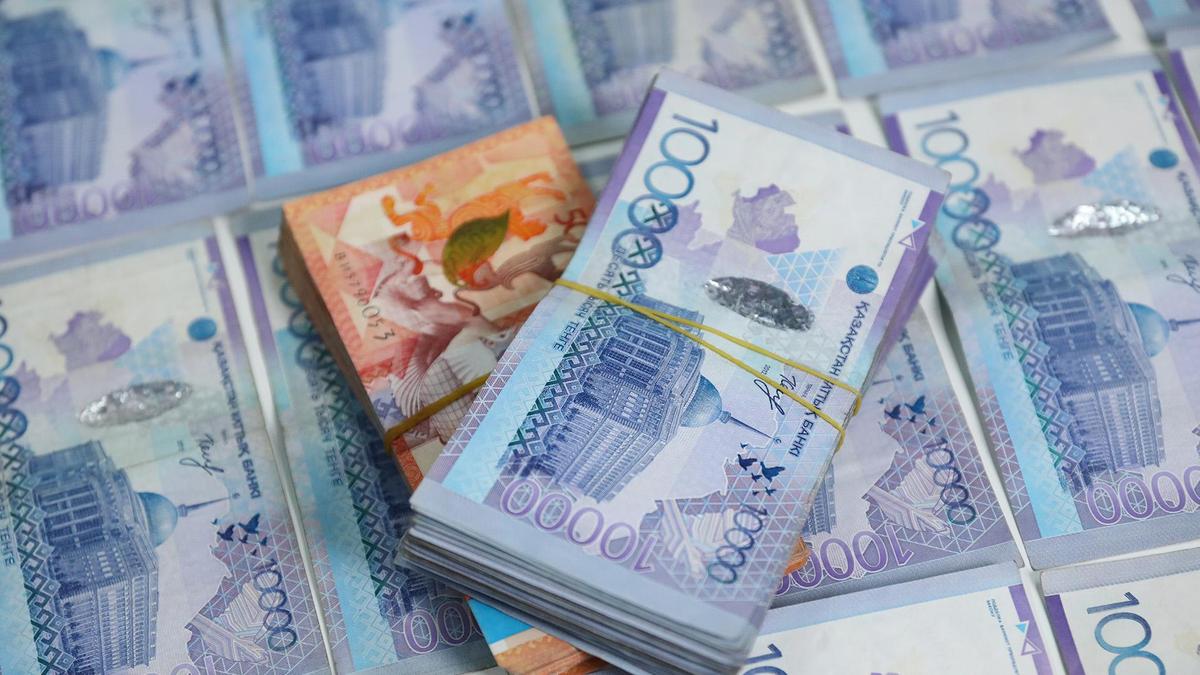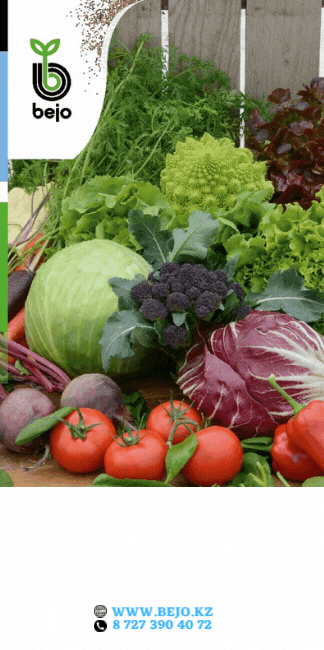
Kazakhstan has reconsidered its approaches to state support of the agro-industrial complex. Based on the results of the meetings, a variant of the new system of subsidizing was developed, with preservation of the main outlines of the current rules, World of NAN reports with reference to the Ministry of Agriculture.
All directions of subsidizing through financial instruments remain the same:
- investment subsidies, with regulations ranging from 15% to 80%, depending on the direction;
- subsidizing of interest rates on loans and leasing with a reduced rate for the borrower of up to 6% per annum;
- subsidizing of insurance premiums. The rate was increased from 50% to 80%, which will minimize all emerging risks, expand the area of insured crops, as well as increase insurance of livestock and poultry.
- subsidizing the insurance of loan guarantees, with the size of the guarantee up to 50% of the principal debt, for priority areas - up to 85%.
Crop production
The directions and norms in crop production have been preserved. In order to increase attractiveness of sugar beet cultivation the norm of subsidizing its production is increased from 15 to 25 thousand tenge per ton.
In this case, to exclude corruption risks and simplify administration, transferable applications are abolished. The procedure of coordination of akimats' resolutions on directions and norms of subsidizing of agricultural crops, mineral fertilizers and pesticides is replaced by the procedure of presentation of proposed volumes of subsidizing to the Ministry in electronic format; also information system of tracing of seeds movement will be introduced.
Livestock
In livestock breeding, all current subsidy norms remain unchanged for the purchase of breeding stock, with the exception of pig breeding. Norm of compensation per head of sow will be 50% of cost, but not more than 100 thousand tenge per 1 head, instead of 140 thousand tenge acting earlier.
In the area of breeding and pedigree work only subsidies for rent of bulls and rams-producers are abolished because of high corruption risks.
Commodity-specific subsidies remain the same. At the same time, subsidies are eliminated:
- subsidizing turkey and waterfowl meat because they are not socially important food products;
- subsidizing artificial insemination services rendered by distribution centers to cooperatives that do not have their own breeding stock;
- transfer of subsidies to a special account of a financial institution in a second-tier bank when importing breeding stock.
For egg poultry, the standard remains 3 tenge per egg. In this case, the marginal selling prices of eggs of the 1st category are set on the basis of memoranda concluded with the akimats.
The norms of subsidies for the delivery of steers and lambs for fattening and meat processing plants remain unchanged. However, the norm of moving for farms that move livestock to their own fattening sites is canceled.
On subsidizing of fodder standards and criteria for obtaining subsidies approved by the akimats on the basis of recommendations of scientific organizations.
Processing
Subsidies for the cost of raw materials purchased for the production of products of deep processing are canceled subsidizing the cost of wheat for the production of gluten and bioethanol as the goods are not socially important.
At the same time, subsidies will not be paid for the goods produced, but upon the sale of finished products, which will be confirmed by electronic invoices from the information system of subsidies. The changes will ensure the most open, fair and honest procedure for allocation of funding.
Investment subsidies
All types and directions in investment subsidies have been systematized. The subsidizing of construction and installation works remains with the obligatory requirement to include the workers of the regional departments of construction and architecture in the group of specialists on the inspection of the constructed objects.
At the same time, subsidizing the cost of carriages for the construction of artificial reservoirs for the collection of meltwater is canceled, also the possibility of investment subsidies in advance is excluded, except for subsidiaries and affiliates of JSC " "National Holding "Baiterek" and the second tier banks, because of the high level of corruption risks and complexity of administration.
In the construction of wells and manholes for watering pastures only the cost of materials and drilling services will be subsidized. At the same time subsidizing the cost of equipment is canceled, as its market value varies dozens of times depending on the country of manufacturer. Therefore, by supplying cheap equipment service providers illegally embezzled budget funds.
In order to develop the national machine-building industry, the norm of subsidizing the cost of imported equipment that is not localized in Kazakhstan, is set at 25%, and those who have localization will be reduced to 15%. The norms of subsidizing of special seed production equipment are raised to 80%, sugar beet and irrigation equipment - to 50%.
Counter-obligations
Counter-obligations for recipients of subsidies are introduced. Realization of production will be carried out through the information system of the MTI on market prices in accordance with memorandums signed with akimats (for agribusiness entities who received subsidies in the amount equal to or exceeding 3000 MCI).
Thus, the key points of the new rules of subsidies are to increase the efficiency and effectiveness of state support, strengthen control over the fulfillment of counter obligations, the maximum elimination of corruption risks and simplification of procedures for obtaining subsidies through digitalization.
Смотрите больше интересных агроновостей Казахстана на нашем канале telegram,
узнавайте о важных событиях в facebook и подписывайтесь на youtube канал и instagram.









































Обсуждение